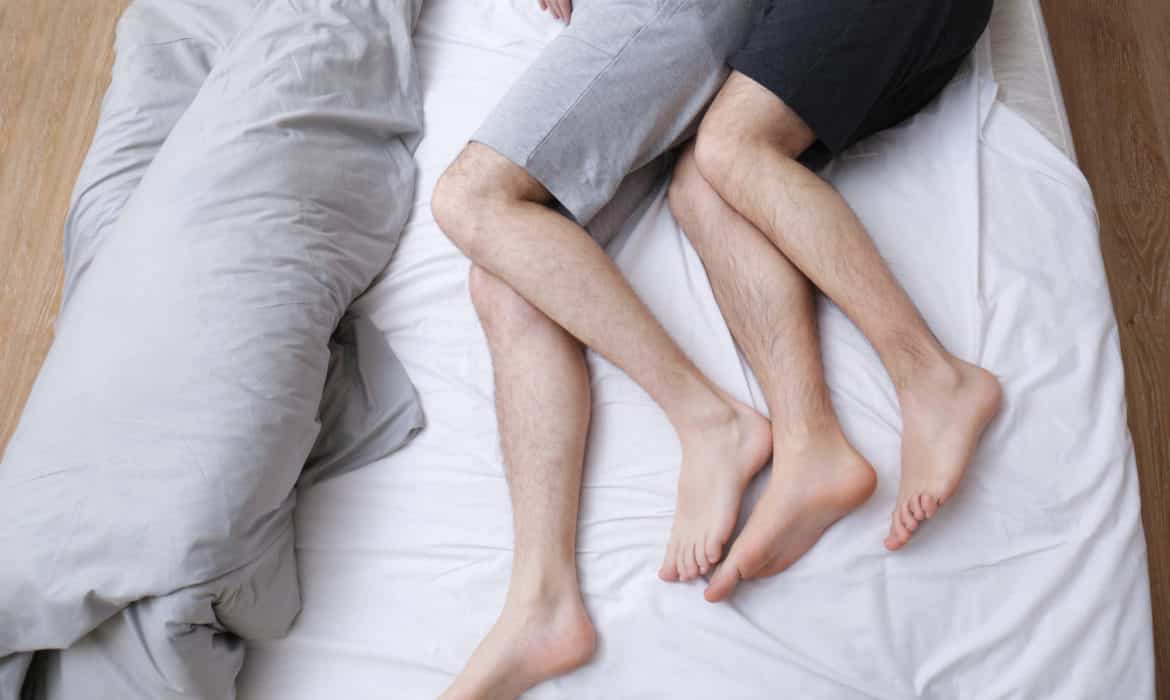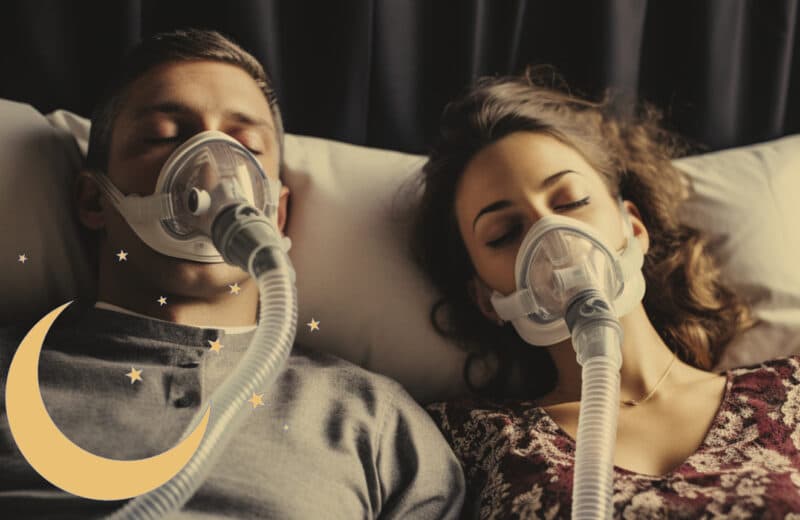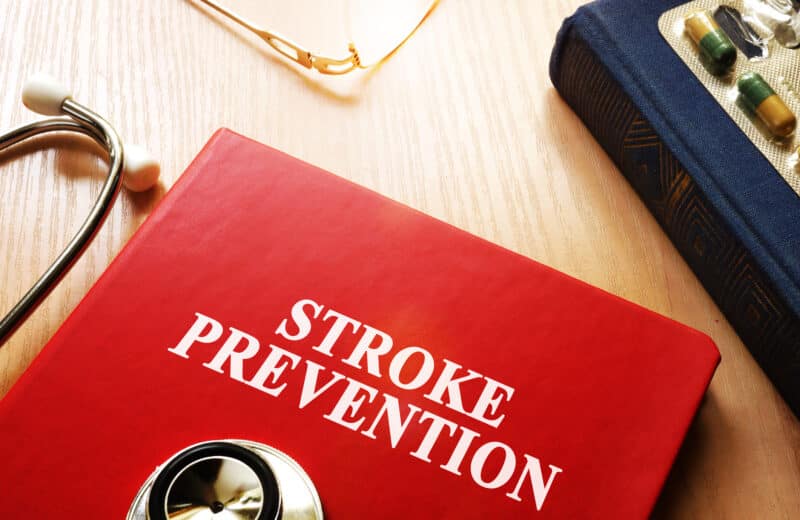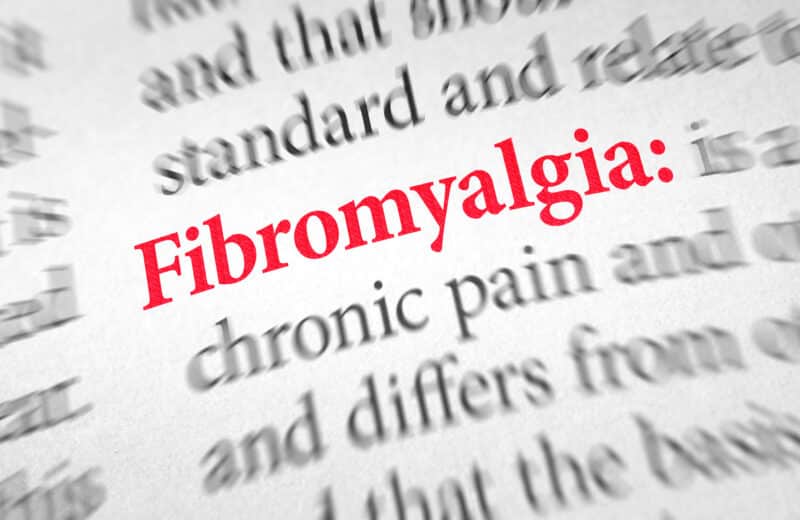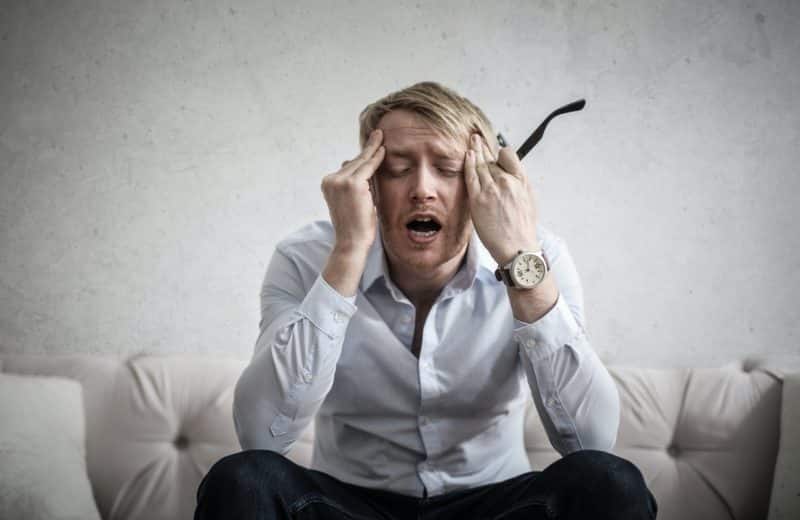The Medicine Cabinet: Ask the Harvard Experts
Q: I recently developed cramps that wake me from sleep. When it affects my leg, it aches for the next day or two. What causes this? How can I prevent them?
A: Leg cramps at night (also called nocturnal leg cramps) are very common. An estimated one in three adults has had a nocturnal leg cramp, and for many it regularly interrupts sleep. Like you, the affected leg can ache for a day or two after a bad cramp.
Leg cramps are muscle spasms caused by overactive nerve fibers supplying the involved muscles. Why this happens is not clear, but the persistent nerve firing impairs the ability of the muscles to relax.
Nighttime leg cramps are more likely to occur in people with musculoskeletal problems like flat feet or high arches, diabetes, thyroid disorders, low blood calcium or magnesium levels, or neurological conditions such as Parkinson’s disease or neuropathy (nerve damage). A number of medications, especially diuretics, can provoke cramping. However, most cramps strike people who are otherwise healthy.
Usually the cramp hits the calf or foot. Often the trigger is the involuntary movement of the foot downward from the ankle (plantarflexion). There is no easy way to avoid this from happening. But if you do feel the foot start moving downward and the start of a cramp, you might be able to abort the cramp by firmly pulling your toes upward without jerking your foot.
All kinds of remedies have been proposed to prevent muscle cramps. When many therapies are proposed for a condition it usually means none are highly successful. This is certainly true for muscle cramps.
Safe things you can try to prevent muscle cramps include foot wear that provides both cushion and arch support, taking vitamin B complex, taking low dose magnesium supplements (as long as your kidney function is normal), eating lots of fruits and vegetables, and avoiding dehydration.
While stretching is often recommended for people with leg cramps, the evidence that this helps is mixed. Since it is totally safe, I recommend frequent gentle stretching during the day and especially before bed. For example, you might try gently pulling back on your toes and fingers (if you also get hand cramps) a few times per day and when you first get into bed at night.
(Howard LeWine, M.D., is an internist at Brigham and Women’s Hospital in Boston and assistant professor at Harvard Medical School. For additional consumer health information, please visit www.health.harvard.edu.)
(c) 2017 PRESIDENT AND FELLOWS OF HARVARD COLLEGE. ALL RIGHTS RESERVED. DISTRIBUTED BY TRIBUNE CONTENT AGENCY, LLC.

